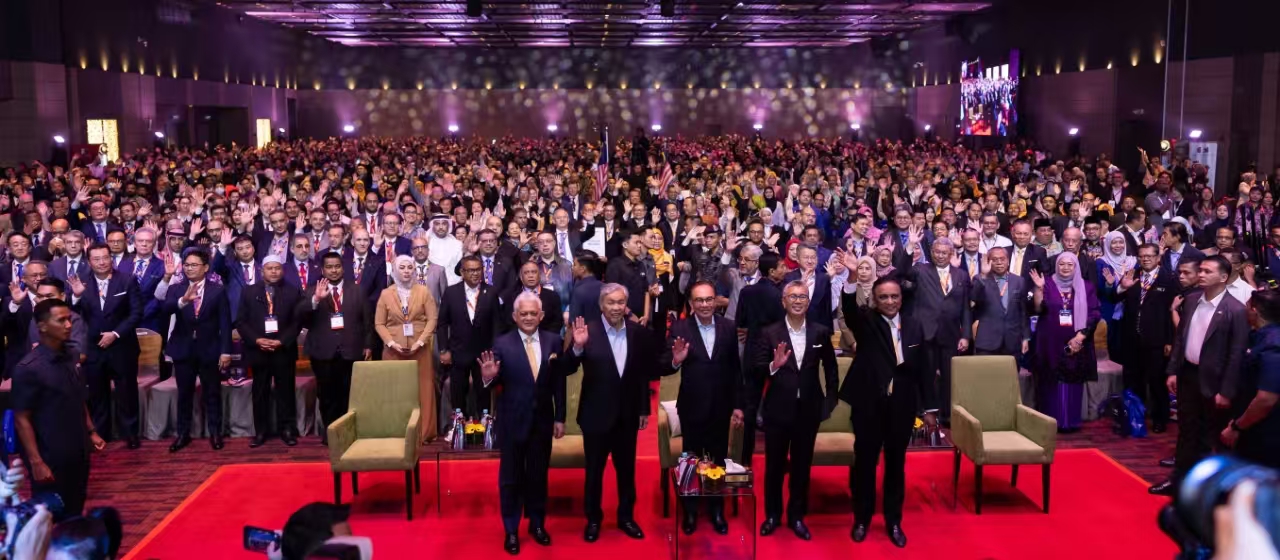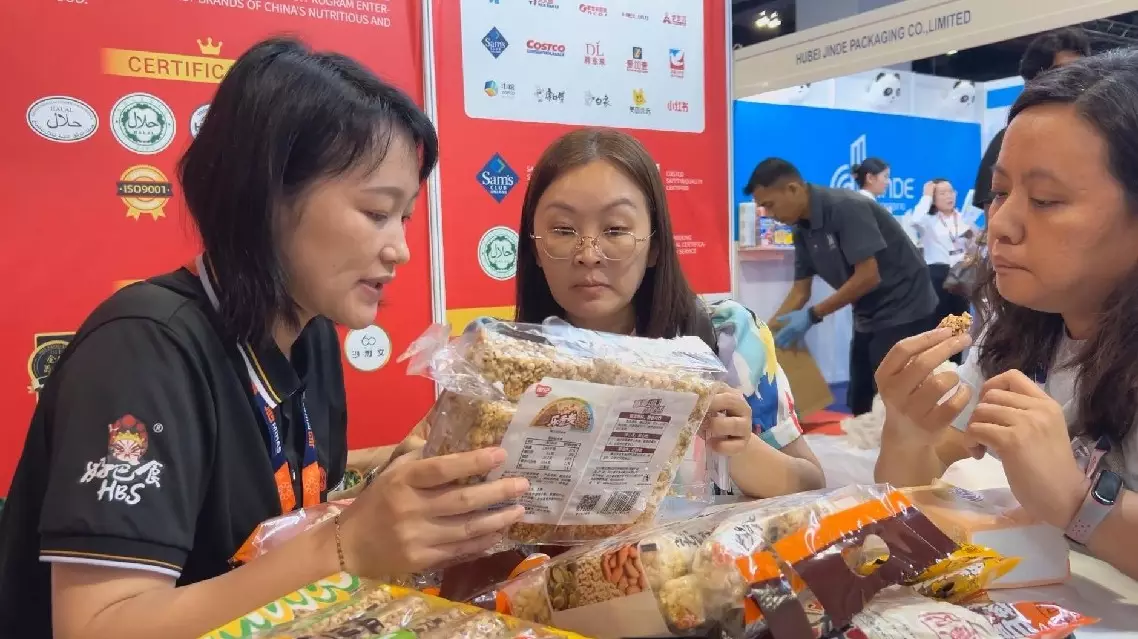By LIZ GOOCH – The New York Times
KUALA LUMPUR — Electrical goods, coffee, herbs and spices are among the products that MasterMalaysia Global usually trades with its Chinese partners.
Next year, however, the company, which is based in Kuala Lumpur, is planning to help export another home-grown commodity to China — Malaysia’s knowledge of producing halal goods, food permissible under Islam.
With the global halal industry worth an estimated $2.1 trillion, much of it centered on food products like meat, Malaysia is keen to become a bigger player — with the help of China.
Malaysia is recognized for its stringent standards covering the production of halal goods, but when it comes to meat, Malaysia is not a major producer.
China, meanwhile, has no shortage of land for livestock, but its halal accreditation procedures lack a well-established reputation, considered crucial in convincing Muslims that their food has been produced according to Islamic principles. Alcohol and pork, for instance, are forbidden.
Malaysian companies like MasterMalaysia Global are increasingly seeking to exploit this gap by helping Chinese companies learn how they can produce food that meets Malaysian halal standards.
Muslims may constitute only a fraction of China’s population, but they amount to 22 million, according to a 2009 report by the Pew Forum. Industry observers say many opportunities exist for those specializing in halal products.
“It’s good for us to have a business partner in China,” said Rosmawati Sayuti, managing director of MasterMalaysia. “It’s a very big market. We hope that we can have a win-win situation.”
MasterMalaysia is currently in talks with Chinese companies in Henan Province about how they can help suppliers produce beef, chicken and mutton that meets Malaysian halal standards. The ultimate aim is to help the Chinese producers obtain halal accreditation from the Malaysian authorities. MasterMalaysia would then help distribute the meat in China, and hopes to eventually help the companies export to Malaysia.
Officials from the Department of Islamic Development Malaysia, the government body responsible for enforcing the country’s halal standards, have already visited China to certify meat intended for export to Malaysia.
Hakimah Mohammad Yusof, a principal assistant director, said the department usually only certified products that were marked for export to Malaysia, although officials might be willing to consider looking at products for overseas markets.
While Malaysia’s history of monitoring halal products dates from the 1960s, China’s halal certification system is at an earlier stage of its development, according to Darhim Hashim, chief executive of the International Halal Integrity Alliance, a nongovernment organization based in Kuala Lumpur that recently released international guidelines to cover some aspects of the industry.
“Malaysia is one of the pioneers in terms of halal certification,” he said.
Mr. Darhim said halal certification was regulated by a central government authority in Malaysia, while in China it was carried out by provincial bodies, often nongovernment organizations, some of which were endorsed by local governments.
“We’re just not sure what standards are being applied and whether it’s being applied consistently,” he said. “What’s missing is the consistency across the provinces.”
MasterMalaysia Global plans to help Chinese companies learn about Malaysian halal guidelines, which cover all aspects of the supply chain from the farm to the consumer. “Before they thought that halal is only about the slaughter,” Ms. Rosmawati said of the Chinese producers. “We start from what the cow, what the chicken, eats. The food for these animals must be halal.”
MasterMalaysia Global will initially only work with meat suppliers, but hopes to eventually source raw materials from China to use in the production of halal cosmetics and pharmaceuticals in Malaysia.
While Malaysia is seeking to increase local halal production, Jamil Bidin, chief executive of the Halal Industry Development Corporation, a government agency, said China offered a plentiful supply of raw materials and land, an established agricultural industry, good infrastructure and relatively cheap labor costs, combined with growing domestic demand for halal goods. “It makes economic sense for some Malaysian companies to go over to China to take advantage of all these things,” he said.
Mr. Jamil, who will travel to Ningxia Province next month to help introduce Malaysian companies to Chinese business partners, said interest in the halal industry had grown among Chinese provincial governments in recent years.
Fe Jazzareen, a principal consultant at KasehDia Research and Consulting, a firm based in Kuala Lumpur that provides research and training services for companies wanting to enter the halal industry, said compliance with halal guidelines was only the first step. Any company wanting to succeed in the market would also need to establish a good reputation to win the trust of Muslim consumers, she said.
“Transfer of knowledge is one of the services already in demand by countries outside of Malaysia, in forms of training programs and consulting services,” Ms. Jazzareen said.
KasehDia has already fielded inquiries from companies based in countries like Korea, Bangladesh and the United States who want to enter the halal market, and hopes to expand its services to Chinese companies.
While the industry and the Malaysian authorities believe China represents a major opportunity for both Malaysian exports and joint ventures, there are concerns that even halal products may not be immune to Chinese imitations.
Ms. Rosmawati is concerned that unscrupulous companies may try to copy the Malaysian halal logo on products that have not been certified.
She plans to encourage some of the bigger producers to bring unfinished products to Malaysia for packaging and bar coding, which she says would help improve quality control.
Malaysia, meanwhile, is also trying to increase its local halal production and exports. It has opened a number of “halal parks” in recent years, where investors are encouraged to set up manufacturing operations. Halal producers, both local and foreign, are offered financial incentives like tax breaks, Mr. Jamil said.
Although there are no official trade figures available specifically for halal products, a number of Malaysian companies already export accredited halal goods to China, from spices, frozen seafood and palm oil-based products to pharmaceuticals and cosmetics.
The Malay Chamber of Commerce has signed agreements with Chinese government authorities to help Malaysian businesses introduce their halal goods, said Mohamad Alayuddin Hasan, vice president of the chamber.
Mr. Mohamad said awareness of halal products was growing in China, and Malaysian companies were hoping to appeal to both Muslims and non-Muslims.



